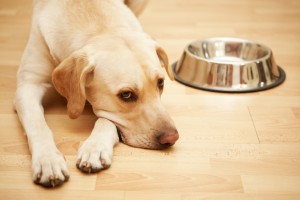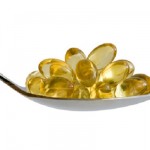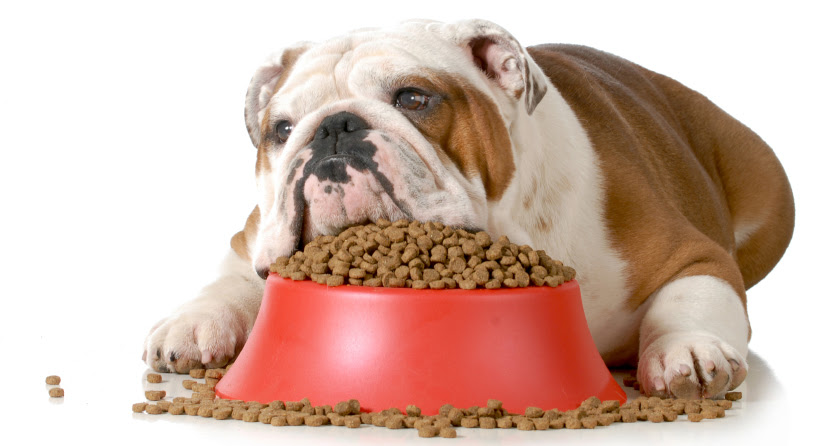Every once in a while we hear about a dog that is really a fussy eater and refuses to eat our raw food preparation. This is an exception to the normal eating pattern of most dogs but occasionally it happens and dog owners want to know why. It is my opinion that unless the dog has a medical problem causing the change in eating habits, that he/she is trying to train the trainer. Remember that the previous food was no doubt a highly processed kibble diet that was loaded with flavoring agents and fat sprays that are designed to make the food more palatable. Salt is probably the most commonly used flavoring agent and it is an enzyme inhibitor because it denatures proteins. Scientists are now discovering that many artificial flavoring agents can cause allergic reactions in some and may also inactivate many of the body’s enzymes.

In that case, it is a matter of masking the bland grain based ingredients and producing an artificial taste for the purpose of gaining an increased level of palatability. The human food processors do the exact same thing when producing cereals that are sugar coated or produced under artificial methods to get the kids hooked on a specific cereal taste. Dogs that have been raised on a high heat processed diet have developed a taste for this food even though it is not the most appropriate diet for the species. The result is similar to the results of our kids eating the high carbohydrate levels from sodas, cereals, and other sugar coated treats. The incidence of obesity and further complication of diabetes is the result. We see the same thing with our pets as the pet population sees a 40% level of obesity.
So the question remains- how do we then train the fussy eater dog to gravitate to the better raw meat diet product that doesn’t contain the high level of flavoring enhancement agents? The answer is simple! First of all, I have never witnessed a dog that will starve himself completely by refusing to eat the food unless circumstances prevail that indicates a medical condition responsible for this standoff. Many times we see the dog achieving a maximum level of nutritional satisfaction and is just not requiring the food to be eaten at every meal. Other situations happen because of being fed off the table or having been deluged with training treats. There always is a reason for this behavior. What I have found is that if you adhere to a strict feeding protocol and use an occasional treat for rewards, that you will continue to have a dog wanting his daily consumption of the raw diet formulation. Sometimes it is beneficial to fast the dog for a day to cleanse the body of toxins and to create a better appetite for the food. This is a normal process used in the zoo community around the world.
I base my opinions on the history of feeding thousands of dogs on our raw meat diet for well over 33 years. The first course of action is to report to the vet and get their opinion as to whether or not a medical problem exists with the animal. Assuming that the animal remains in good health and is deciding not to eat because he wants the fat or sugar sprayed dry food then it is a matter of train the animal rather then have the animal train you. If they win- you lose in the long run with decreased longevity and future medical issues.
Source
Robert Mueller, BSc, Pharm. is a registered pharmacist, author of “Living Enzymes: The World’s Best Kept Pet Food Secret”











